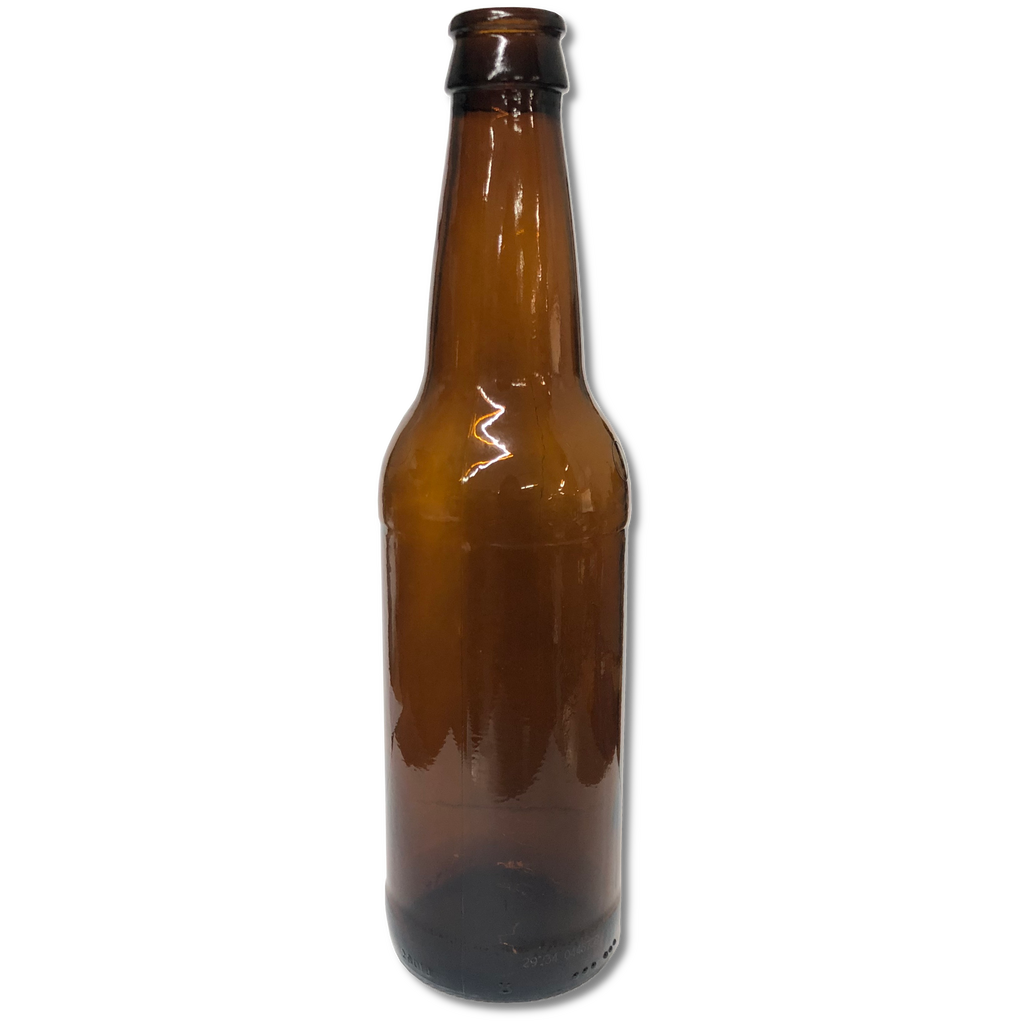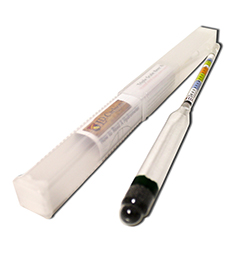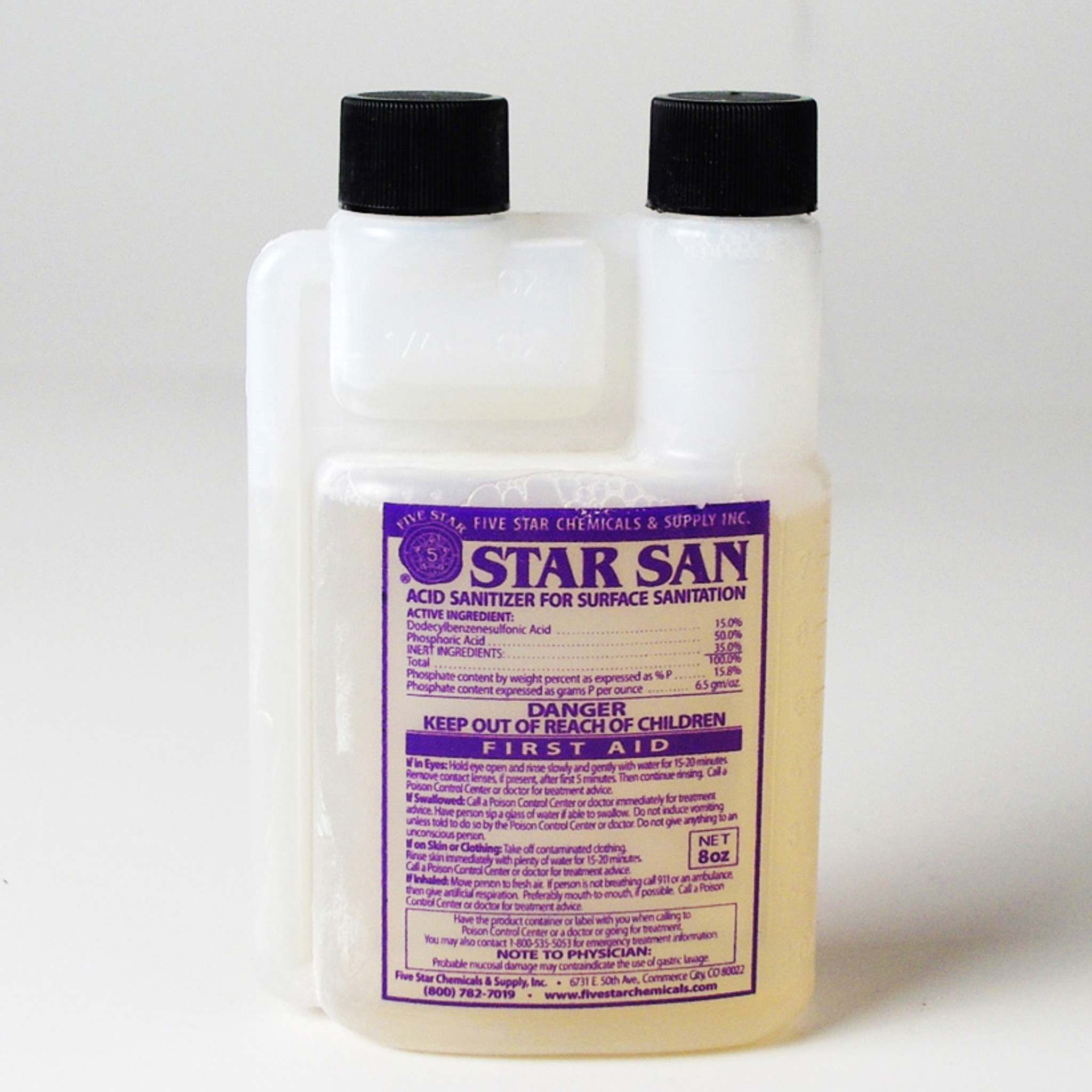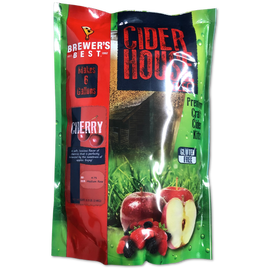Raspberry Lime Cider Kit
Brand : Cider House Select
- SKU:
- 1180
- UPC:
- 888690011809
- Shipping:
- Calculated at Checkout
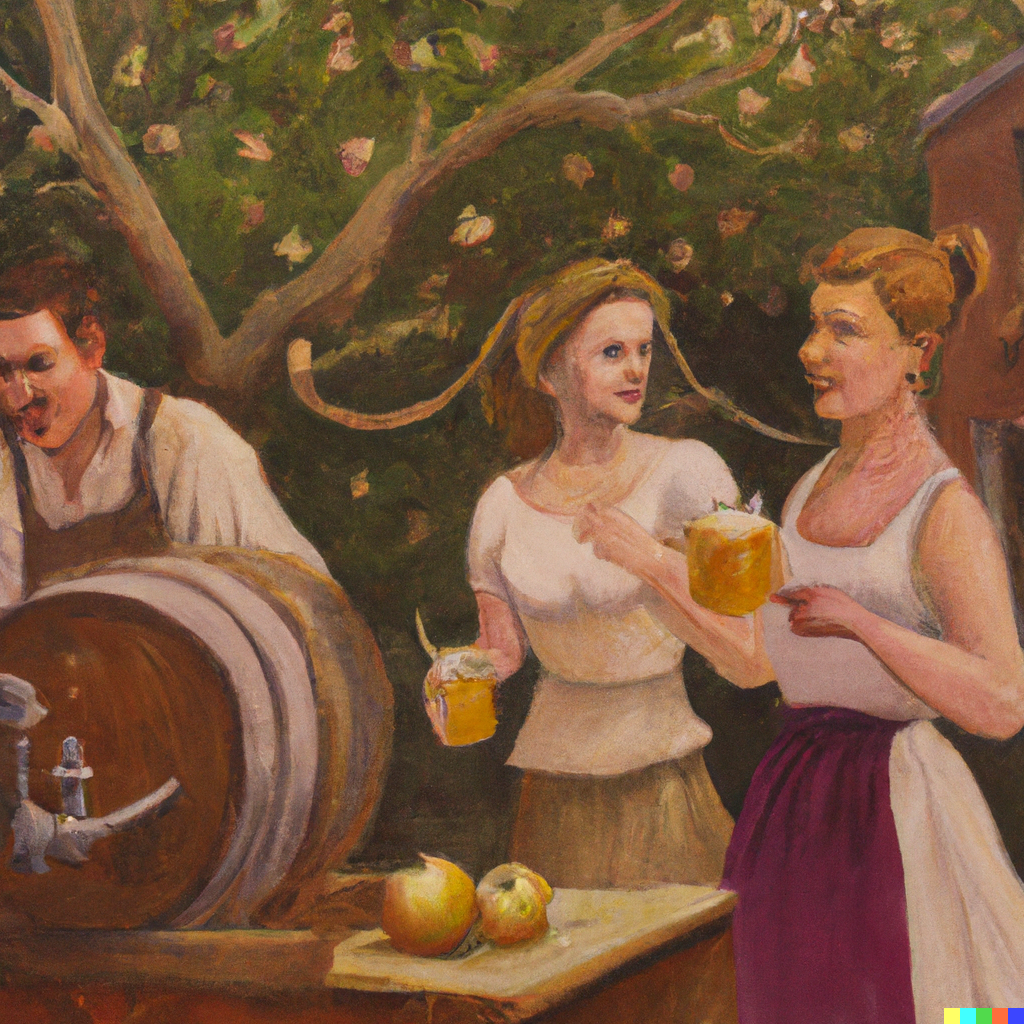
Your Raspberry Lime Cider Kit starts with fresh raspberries on the pallet and rounds out with a lime twist. This kit is formulated for 6 gallons of 4.7% ABV cider. All Cider House Select cider kits require the addition of two pounds of corn sugar to achieve the correct alcohol content.
- ABV: 4.7%
- Color: Medium Rose
- Difficulty: Easy
OTHER PRODUCTS YOU MIGHT NEED
This kit from Cider House Select is everything you need to start making your Raspberry Lime Cider right at home. Designed for 6 gallon batches, these kits pair perfectly for use with our line of Cider House Select ingredient kits. Bottle either sparkling or still cider. Included in this kit is a bottle capper that works with either 12 oz or 22 oz amber beer bottles. Simply add the included carbonation drops to your bottles prior to capping and allow 2 weeks for your cider to carbonate for sparkling cider. Start making store bought quality cider today and show off your own creations to your friends and family!
Cider House Select Equipment Kit:
- 7.9 Gallon Primary Fermenter with Lid
- Spoon, Auto-Siphon and Siphon Hose
- Bottle Filler, Capper, Crown Caps, and Carbonation Drops
- Liquid Crystal Thermometer for Primary Fermenter, Airlock, and Hydrometer
- 4oz Pack of Easy Clean
A 7.9 Gallon Fermenter with a grommeted lid is the right vessel to use for your Raspberry Lime Cider because you need extra headspace to account for active fermentation. It is good to replace buckets from time because plastic harbors bacteria. Here's a link to our fermenter equipment.
Many people reuse their hoses for far too long. Replacing your hoses often is highly recommended with cider making. Even if you have good sanitation practices, hoses are particularly difficult to keep clean. You do not want to risk a bacterial contamination in your Raspberry Lime Cider over something that costs very little to replace.
Auto-siphons are a great luxury item to have in your cider making equipment. Once you have one you will never go without one again. Don't forget to use a heavy duty sanitizer to clean it since you don't want to replace it often as hoses. A good sanitizer for that job is Five Star San. Like hoses, Siphons are also difficult to keep clean so it is advisable to replace them.
Amber Growler 32 oz comes in a case of 12. A growler is the perfect size for bottling your Hopped Apple Cider in larger vessels. Caps sold separately. Use 38 mm caps.
Airlocks are another inexpensive product that should be periodically replaced. Though it might be easy to assume bacteria is not a concern with airlocks because they do not actually touch your cider, this is not the case. There are all kinds of humidity bridges bacteria can use to infiltrate your batch. You don't want to risk losing your Hopped Apple Cider over a potentially unsanitary and cheap piece of plastic.
You can bottle your Hopped Apple Cider in 12 ounce or 22 ounce bottles. Both bottles use the same cap.
Your Raspberry Lime Cider requires added sugar. The most commonly used is corn sugar mentioned in the product description and pictured here. However, you also have the option to choose from different sugars to impart different flavor subtleties.
Hydrometers can last a lifetime, if they don't break. If you have suffered the disappointment of breaking your favorite hydrometer you can view them here.
You will need a bottle capper if you choose to bottle your Hopped Apple Cider. You can choose from hand held cappers to bench mounts.
Good sanitation practices are at the very heart of good cider making. Five Star San is a good choice.

DID YOU KNOW
By the 19th century, modern terms emerged distinguishing cider before fermentation as sweet cider, or after as hard cider.


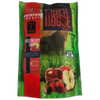





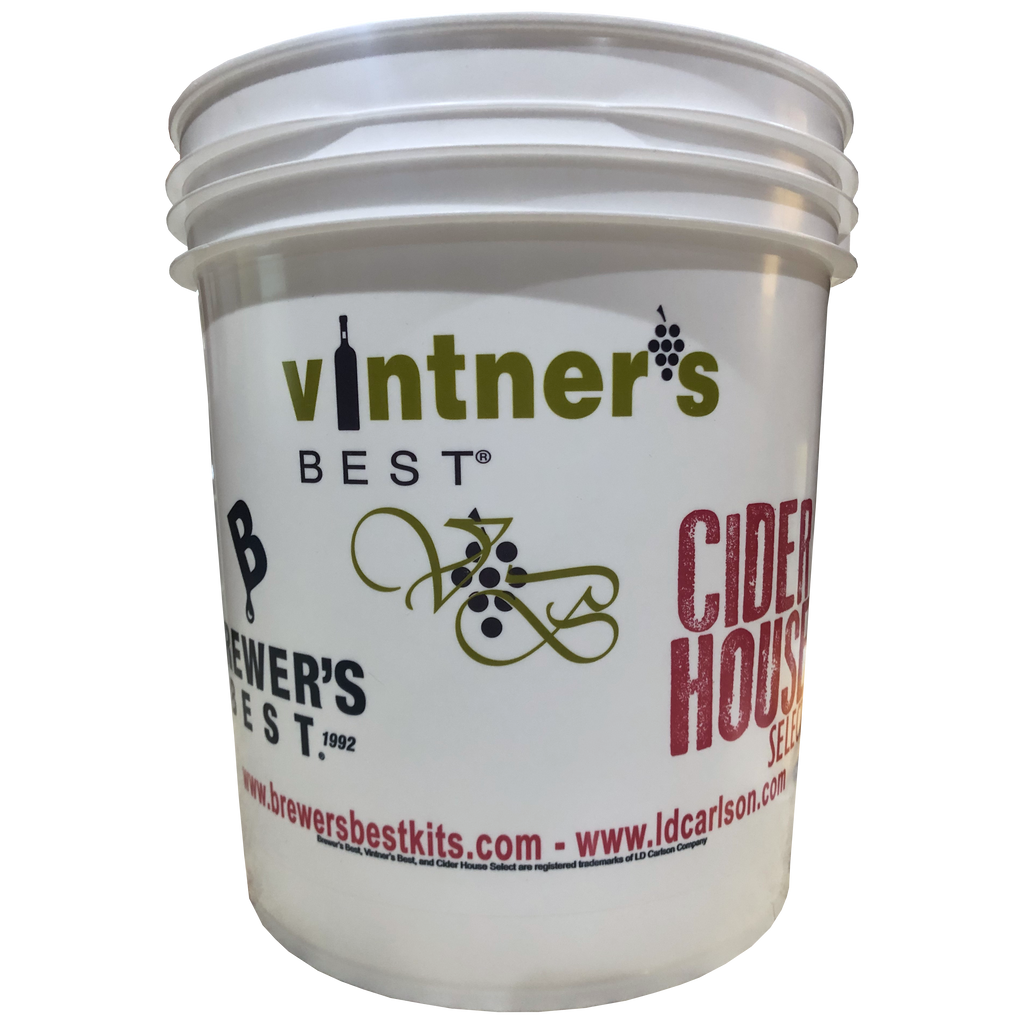
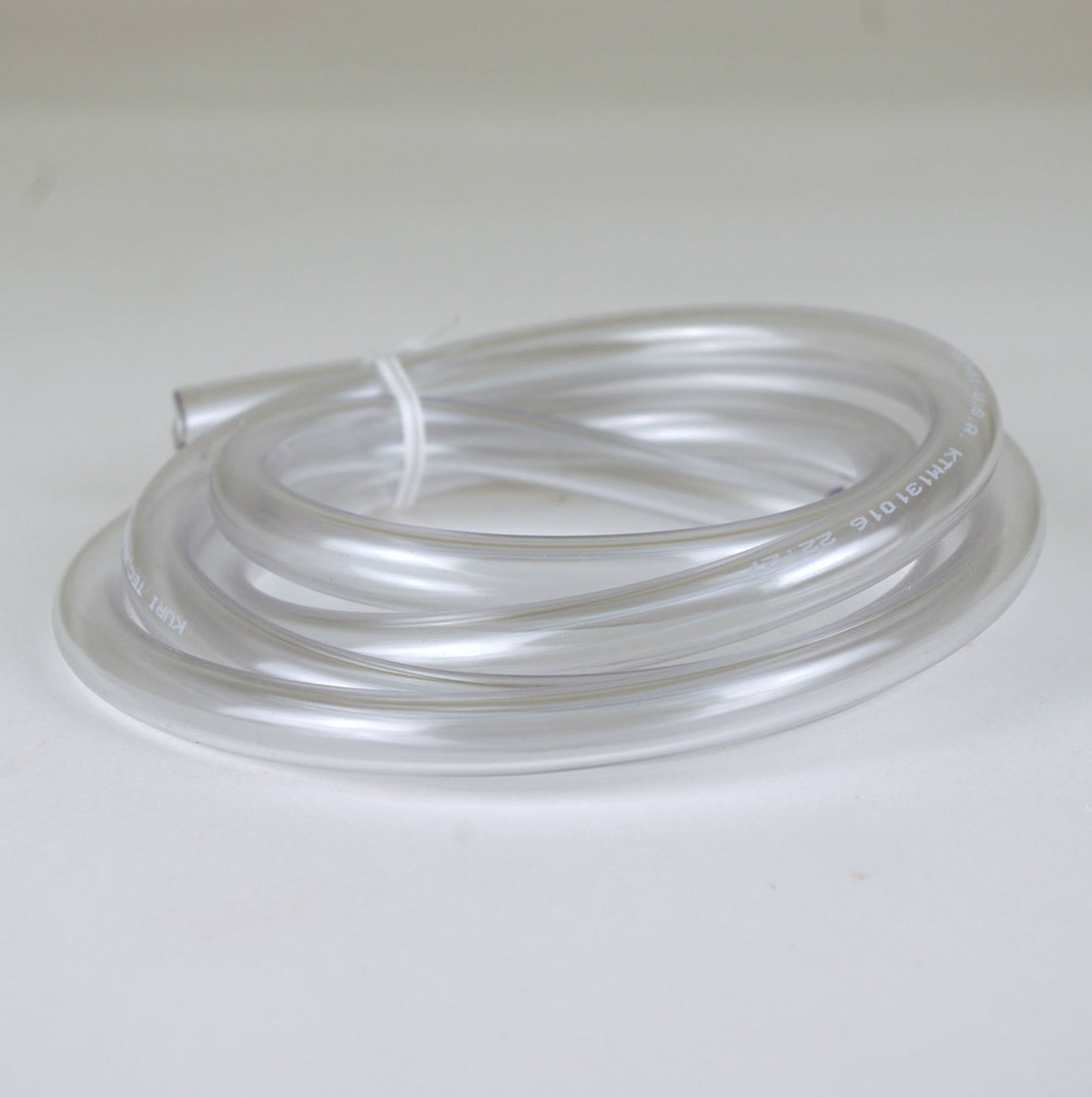 Hoses
Hoses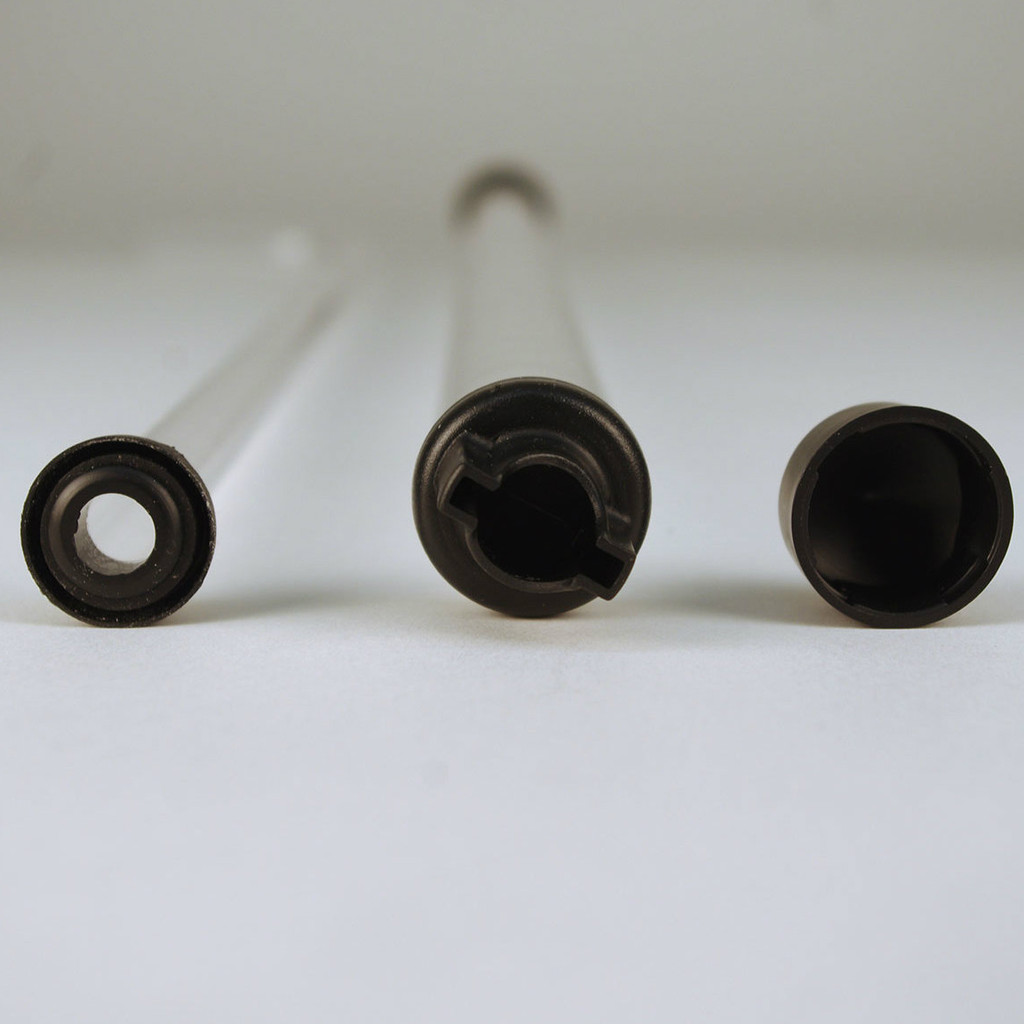 Siphons
Siphons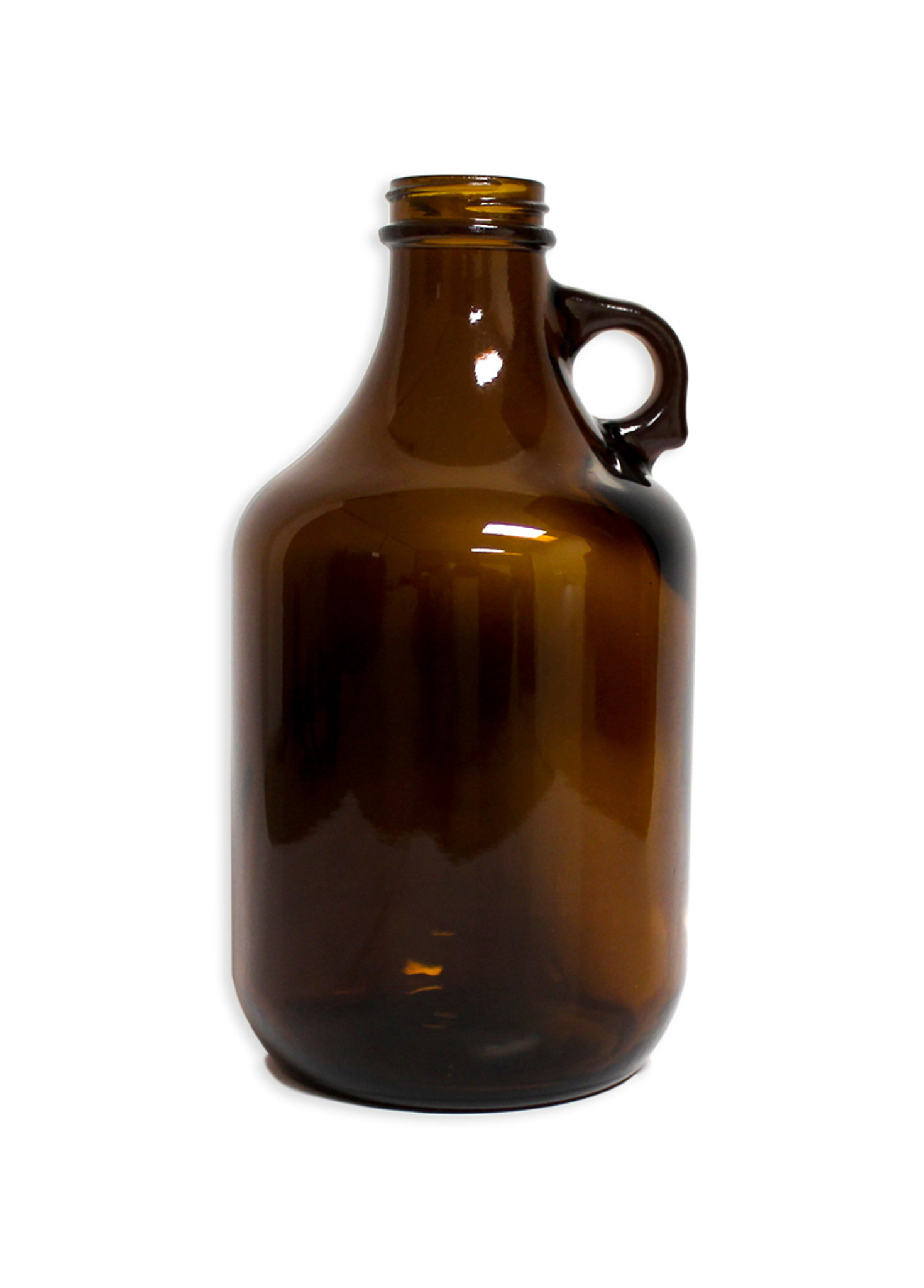
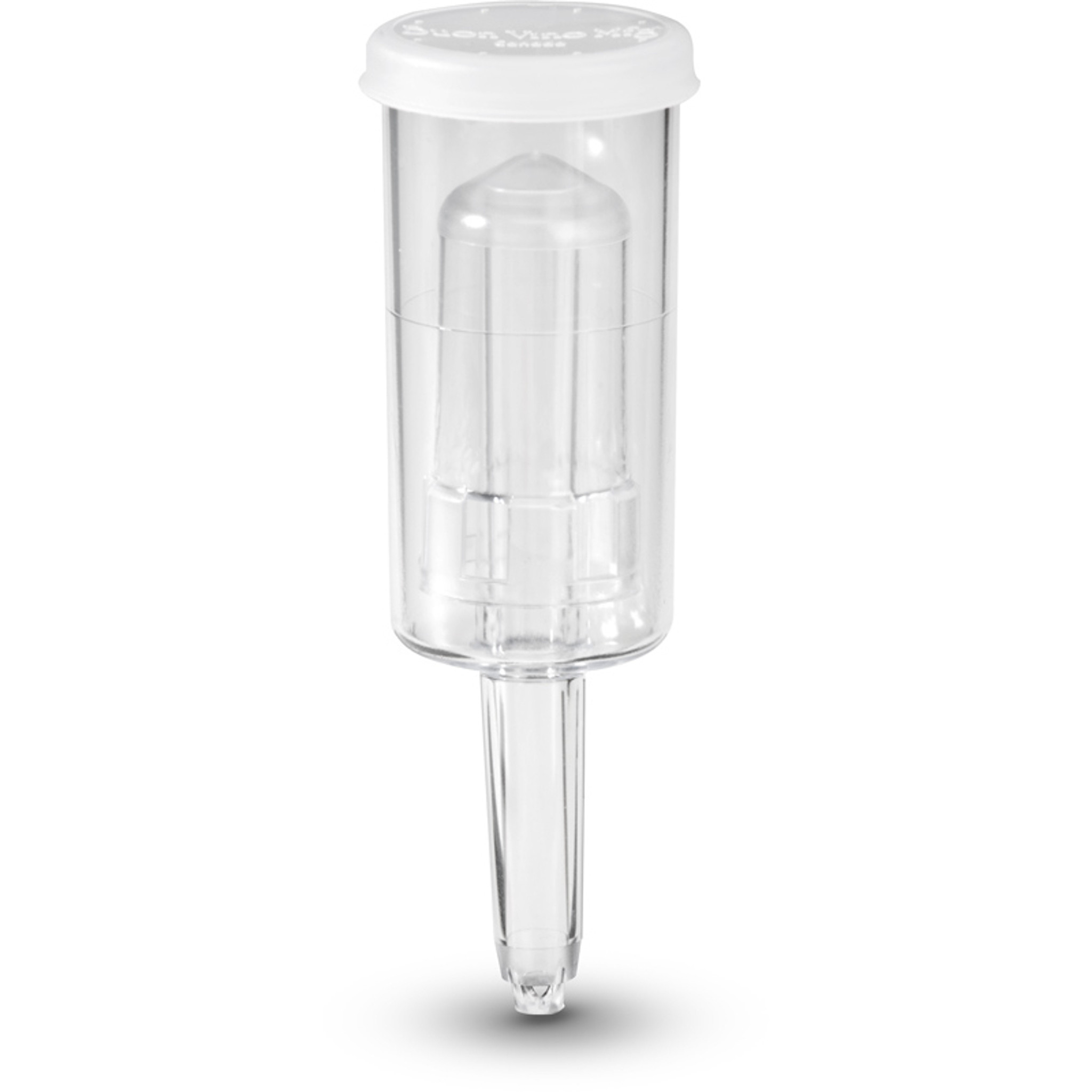 Airlocks
Airlocks